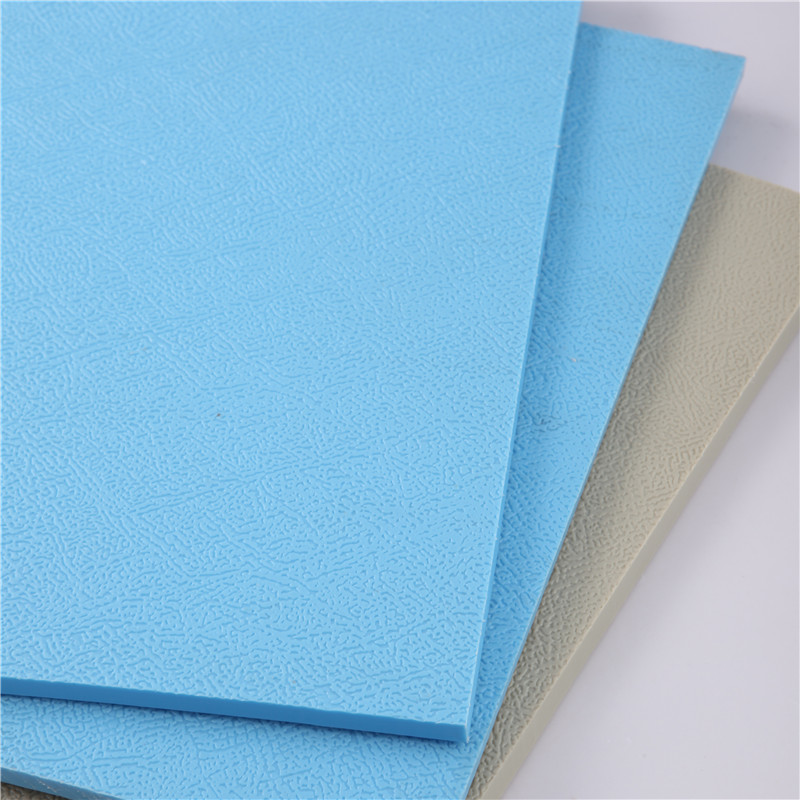Nov . 05, 2024 16:26 Back to list
hdpe conduit pipe
Understanding HDPE Conduit Pipe Characteristics and Applications
High-Density Polyethylene (HDPE) conduit pipes have gained substantial popularity in various industries due to their unique characteristics and versatile applications. With increasing demands for durable and reliable piping solutions, HDPE conduit pipes stand out for their impressive physical properties, ease of installation, and sustainability features.
What is HDPE?
High-Density Polyethylene (HDPE) is a thermoplastic polymer made from petroleum. Known for its high strength-to-density ratio, HDPE is extensively used in the production of various products, including bottles, containers, and piping systems. The process of manufacturing HDPE conduit pipes involves extruding molten HDPE material into tubular form, creating a lightweight yet robust structure.
Characteristics of HDPE Conduit Pipes
1. Durability HDPE conduit pipes are resistant to impact, corrosion, and chemical damage. Their robust nature ensures that they can withstand harsh environmental conditions and maintain their integrity over time.
2. Flexibility Unlike traditional materials such as PVC or metal, HDPE is incredibly flexible. This flexibility allows for easier installation, especially in areas where the piping needs to navigate around obstacles or accommodate ground movement.
3. Lightweight HDPE conduit pipes are significantly lighter than their metal counterparts, leading to easier handling, transportation, and installation. This characteristic reduces labor costs and project timelines, making HDPE an economical choice.
4. Low Friction Coefficient The smooth internal surface of HDPE conduit pipes results in a low friction coefficient, which minimizes resistance to fluid flow. This characteristic is particularly beneficial in applications such as telecommunications cabling where signal efficiency is crucial.
5. UV Resistance Some formulations of HDPE conduit pipes are designed to have enhanced UV resistance, allowing them to be used in surface installations without degrading due to sunlight exposure.
hdpe conduit pipe

6. Recyclability HDPE is entirely recyclable, making it an environmentally friendly option. End-of-life HDPE conduit pipes can be reprocessed into new products, thereby reducing waste and the demand for virgin plastic.
Applications of HDPE Conduit Pipes
HDPE conduit pipes are versatile, catering to a wide range of applications across different sectors
- Telecommunication The conduits are widely used for housing fiber optic and coaxial cables, protecting them from physical damage and environmental conditions. Their flexibility and durability allow them to handle the intricacies involved in telecommunications infrastructure.
- Electrical HDPE pipes provide an excellent solution for underground electrical wiring. Their resistance to moisture and chemicals ensures that electrical conduits remain protected, maintaining the safety and reliability of electrical systems.
- Water Management HDPE is commonly used in stormwater management systems, drainage systems, and irrigation. Its ability to resist corrosion and its lightweight nature make it an ideal choice for transporting water and managing runoff.
- Mining and Oil Industries The robustness of HDPE conduit pipes makes them suitable for mining and oil applications, where they are utilized for transporting various substances, including slurries and chemicals.
- Gas Distribution HDPE is increasingly being adopted for natural gas distribution due to its exceptional resistance to stress and environmental factors. The pipes ensure a secure, reliable delivery of gas while minimizing the risk of leaks.
Conclusion
In conclusion, HDPE conduit pipes have emerged as a preferred choice across multiple industries due to their remarkable characteristics and adaptability. Their durability, flexibility, and environmental sustainability make them an ingenious solution for modern piping needs. As practices evolve and technological advancements continue to emerge, the acceptance and usage of HDPE conduit pipes are likely to increase, offering even more innovative solutions to typical challenges in infrastructure development. Whether for telecommunications, electrical systems, or industrial applications, HDPE conduit pipes are poised to play an essential role in shaping the future of piping systems.
-
Premium PVC Round Rods: Durable, Chemical Resistant, Easy to Machine
NewsAug.11,2025
-
PP U-channel: Chemical-Resistant, Lightweight & Durable
NewsAug.10,2025
-
Transparent PVC Pipe: Clear Flexible Tubing for Fluids
NewsAug.09,2025
-
Durable PP Rigid Sheet: Versatile & High-Quality Plastic Panels
NewsAug.08,2025
-
Premium Glossy PP Rigid Sheet – Durable & Versatile
NewsAug.07,2025
-
High-Quality HDPE Sheet | Durable Plastic Panels
NewsAug.06,2025

